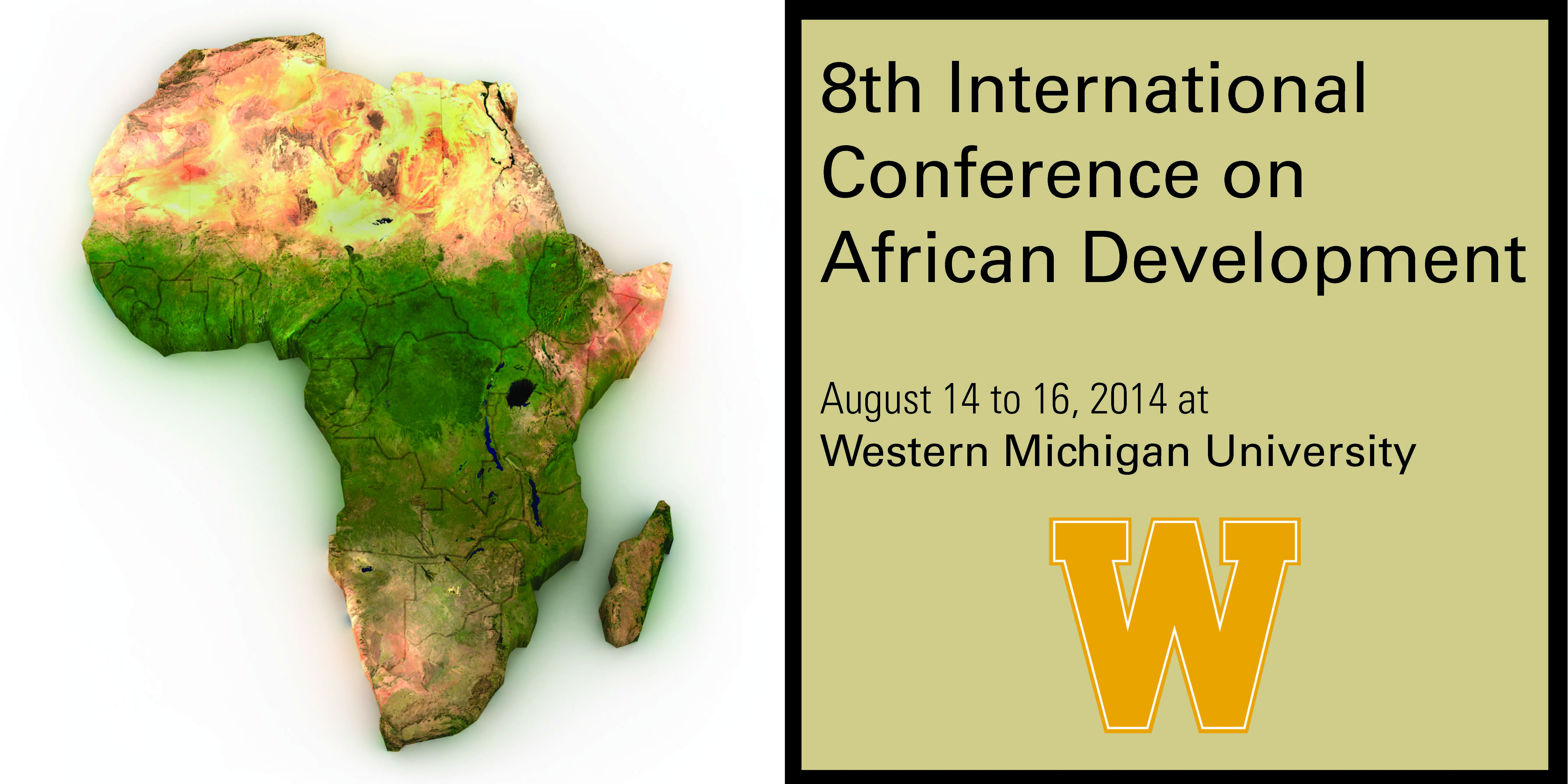
False Consciousness as a Major Hindrance to Control of Corruption in Africa
Presenter's country
Kenya
Start Date
14-8-2014 2:30 PM
End Date
14-8-2014 4:00 PM
Submission type
Presentation
Abstract
As has been pointed by the World Bank (www.govindicators.org), control of corruption is one of the core governance indicators. Without adequate and effective control of corruption, no meaningful development can take place. According Transparency International Corruption Perception Index for the year 2010 through 2013, no African country was among the twenty top countries that were ranked as having the lowest perceived levels of corruption yet they featured prominently in the bottom twenty. The question is: why is corruption so rampant in Africa? Why has the fight against corruption not been effective? In fact there has been apparently increasing tendency toward implicit or explicit adoration of corruption in countries like Kenya. An effective fight against corruption requires a clear and firm understanding of the factors that cause and conduce it. Some of the factors that have been given as causal explanation of corruption are: poor economic condition which depresses one’s financial situation, hence may force one to look for supplementary means by corruption; inadequate legal and institutional system which would make one feel that one can engage in corruption with impunity; and extended family system which is seen as engendering corruption by exerting financial pressure to fulfil both one’s immediate and extended responsibilities which include some jobs for kinsmen. By focusing primarily on political corruption, I will argue that the preceding social, economic, political and legal factors are not the root cause/s of political corruption. Using Kenya as an example, I will argue that beneath the above causal explanations lies the problem of false consciousness. This study examines the problem of false consciousness among the masses and leaders that has to be overcome for the fight against corruption to be effective – and, by extension, before development can take place in Kenya and many other African countries.
Keywords
False Consciousness, Corruption, Development
False Consciousness as a Major Hindrance to Control of Corruption in Africa
As has been pointed by the World Bank (www.govindicators.org), control of corruption is one of the core governance indicators. Without adequate and effective control of corruption, no meaningful development can take place. According Transparency International Corruption Perception Index for the year 2010 through 2013, no African country was among the twenty top countries that were ranked as having the lowest perceived levels of corruption yet they featured prominently in the bottom twenty. The question is: why is corruption so rampant in Africa? Why has the fight against corruption not been effective? In fact there has been apparently increasing tendency toward implicit or explicit adoration of corruption in countries like Kenya. An effective fight against corruption requires a clear and firm understanding of the factors that cause and conduce it. Some of the factors that have been given as causal explanation of corruption are: poor economic condition which depresses one’s financial situation, hence may force one to look for supplementary means by corruption; inadequate legal and institutional system which would make one feel that one can engage in corruption with impunity; and extended family system which is seen as engendering corruption by exerting financial pressure to fulfil both one’s immediate and extended responsibilities which include some jobs for kinsmen. By focusing primarily on political corruption, I will argue that the preceding social, economic, political and legal factors are not the root cause/s of political corruption. Using Kenya as an example, I will argue that beneath the above causal explanations lies the problem of false consciousness. This study examines the problem of false consciousness among the masses and leaders that has to be overcome for the fight against corruption to be effective – and, by extension, before development can take place in Kenya and many other African countries.
